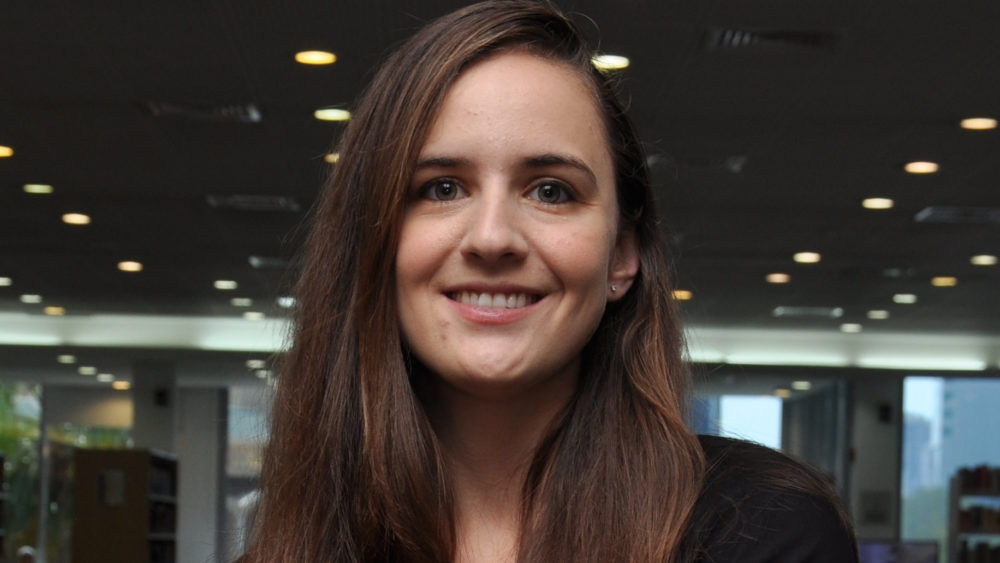This is the eleventh installment of our Alumni Spotlight series, which features interviews with former IRAP students who have become strong advocates and leaders in their fields of practice.
Meet Catherine Baylin Duryea, former Member of the IRAP chapter at Stanford Law School, and current PhD Candidate in History at Stanford University.
The views expressed here are entirely her own.
How did you become involved with IRAP and how did IRAP impact your law school experience?
I joined IRAP as soon as I started law school. I had just spent several years living in Egypt where there was a large refugee population. I volunteered with a school there, but I wanted to get involved in more systemic advocacy. In my second year, I organized a conference for IRAP’s West Coast chapters, which was one of my most rewarding experiences in law school. Traveling to Jordan and meeting my client and his family made a deep impression on me. They were so profoundly grateful, even though we did not succeed in their case. It was humbling and heartbreaking.
IRAP has a unique model of partnering law students with pro bono lawyers — please describe your experience working with attorneys on urgent refugee resettlement cases.
IRAP is where I learned how to write legal briefs, due to the support from pro bono attorneys. It was a unique opportunity to work with experienced lawyers very early in law school. As my team and I grew more experienced, we took on a larger role in case management. We had been well prepared for this by the mentoring we received early on.
What have you been doing since you graduated from Stanford?
Since graduating in 2014, I clerked for Justice Edwin Cameron on the Constitutional Court of South Africa and spent a year and a half in the Middle East doing fieldwork for my PhD dissertation on Arab human rights NGOs. I plan to finish my doctoral program this year and will join the faculty at St. John’s University School of Law as an Assistant Professor in 2019.
In what ways has your involvement with IRAP in law school impacted your career?
IRAP allowed me to continue with direct legal advocacy work as my career became increasingly academic. It gave me a skillset that I will draw on for the rest of my career and taught me the importance of pro bono work. I also believe it will make me a better teacher. Most of my students will go on to be practicing attorneys, and IRAP gave me an excellent model for how law students can acquire practical skills while still in school.
At a time when refugees are more politicized than ever, how do you engage with the issue on a personal level?
For the past several years, I have volunteered with a small community-based organization that has resettled eight refugee families to southwest Virginia. Working with families gave me a more complete picture of the human—not just legal—challenges facing refugees, even those who are ‘successfully’ resettled. The personal, financial, and educational hurdles that these families face after they arrive are immense, but their resilience and commitment to their new lives are a testament to why the refugee program is so important. They have brought cultural riches to the schools and communities that have welcomed them. In a time when our political environment is so fraught and it is easy to feel helpless, it was important to me to do this kind of direct engagement in addition to advocacy and legal work.




Comments are closed.